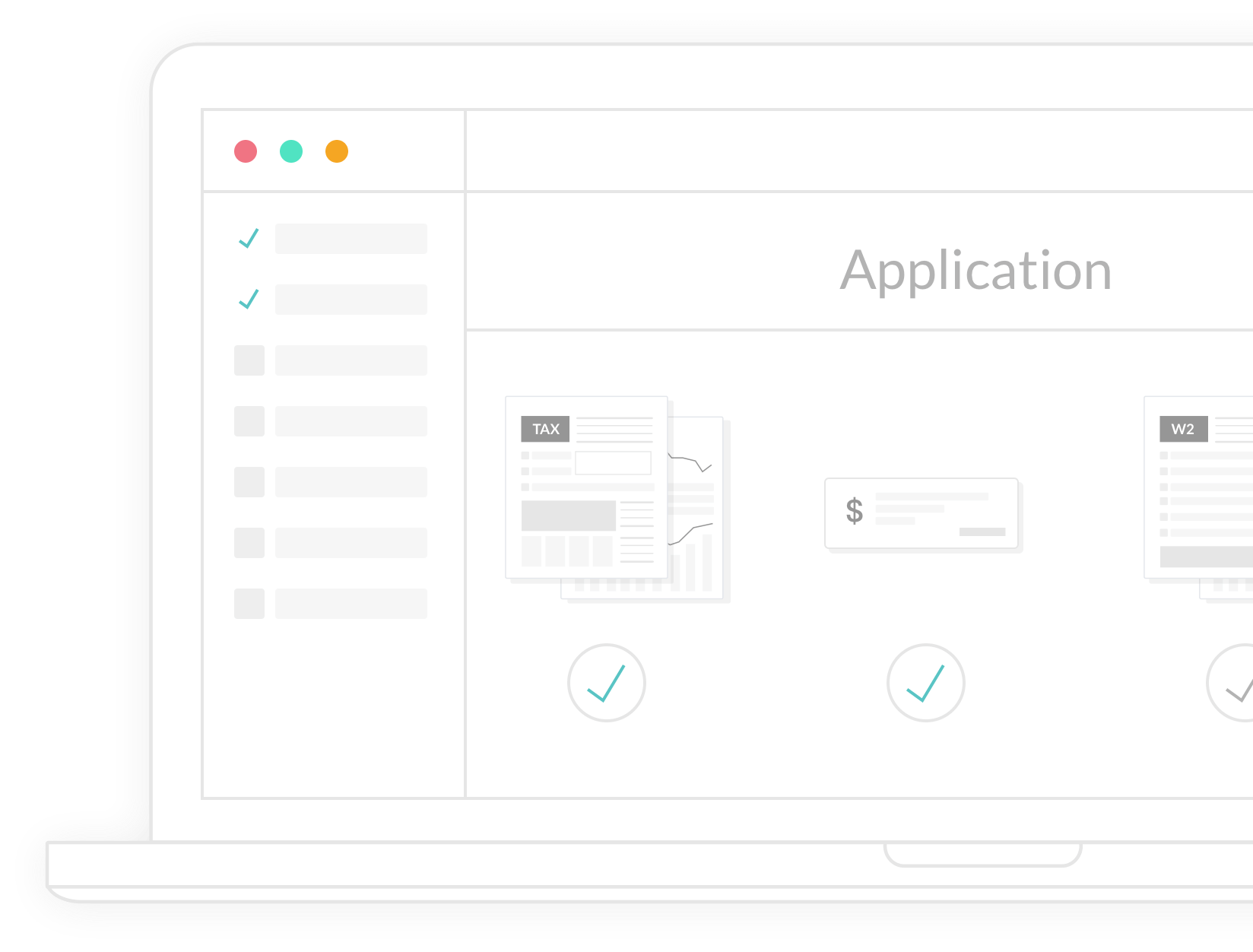

Start by creating a file with all of your important financial documents. Regardless of the loan type, lenders will need information about you. Make copies of the following and place in your folder:
1. Last two years of W-2's/1099's
2. Driver's license or form of ID. If you are not a U.S. citizen, then your PRA Card, Visa, Green Card as applicable.
2. Last two years of your filed tax return with all pages and schedules
3. Copies of any other loans including auto, boat, student loans, etc.
3. 2 most recent pay stubs showing year to date (SS or disability income will need awards letter, proof of retirement income)
4. Proof of other income sources (alimony, trusts, rental income, etc), any offer letter from new employer
5. Credit card statements
4. If applicable, the following: divorce decree, school transcripts, military status, proof of payment on all retained properties including taxes, insurance, PMI and HOA dues
Below you will find the contact information for the 3 major credit reporting agencies to help you determine your credit rating. You do not have to check your credit before applying with a lender, however, as they will do this for you. Ask your lender how to improve your credit score if you need to. Going forward, treat your credit like gold.
| Equifax | http://www.equifax.com | (800) 685-1111 |
| Experian | http://www.experian.com | (800) 392-1122 |
| Trans Union | http://www.transunion.com | (800) 888-4213 |
1. Down Payment: This will depend on your loan type. There are 100% loans with no down payment. Other down payments range from 3% down to 20% down or more. Once you are preapproved with a lender, you will know which kind of loan program you qualify for and how much down payment you will need, if any.
2. Closing costs: These are the fees you pay at closing. We roughly estimate these around 3% of the sales price on the home. However, this can vary based on your personal loan program, the lender you choose and the closing company selected. Your lender and real estate agent will be able to estimate your closing costs more accurately for you before putting in an offer on a home. Depending on whether it is a Seller's market or a Buyer's market, your real estate agent may be able to negotiate the seller to pay some of your closing costs. Be open with your agent and lender about whether or not you can afford to pay closing costs, so they can best help you moving forward.
3. Inspection Fees: Inspections take place within the first two weeks of being under contract on a home. Most inspections are paid for at the time of service. Total inspection fees range from $400-$600 on average.
4. Appraisal: Your lender will have an appraiser evaluate the property’s purchase price, condition and size compared to similar recent neighborhood sales. This helps ensure the purchase price is not too high, and gives the lender more confidence in getting repaid in the event they are forced to sell the property if the borrower defaults. The appraisal costs vary depending on the property, type of appraisal, and region. This is usually an out of pocket expense before closing, and will cost around $500-$700 roughly in our area.
TIP: Try to pay down existing revolving and high interest rate debt like credit cards. Talk to the lender before doing so though, as paying off credit cards completely can sometimes hurt your credit instead of help it.
Stability is key when trying to buy a home.
1. Do not change careers/jobs when looking to buy a home.
2. Do not move money around if at all possible (i.e. from one account to another).
3. Do not buy big ticket items!
If you are considering major changes, talk with your lender first to see how it might affect your purchasing ability.
Consider the following: A $500 per month debt (auto loan or boat payment, for example) could lower the amount of your preapproval by as much as $83,000! * Based on a 30 year mortgage at 6% interest.
Tip: If you apply with one lender today, then two weeks later you apply with another lender, it will ding your credit each time you apply. However, if you apply with a few lenders all within a few days to a week, the credit bureau will know you are shopping for a mortgage and it will negatively affect your credit less.
